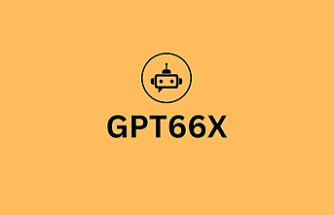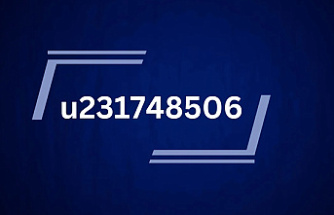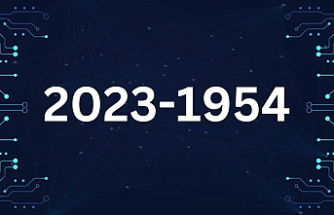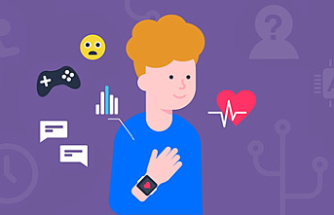BEIJING , -- China's Huawei Technologies Co. provides smart services and 5G technology for industries like healthcare. This creates new revenue streams that could offset any damage to the company's smartphone business due to U.S. sanctions.
The company has partnered with Guangzhou Second Provincial General Hospital in the south to provide 5G technology and over 10,000 smart devices to enhance patient care.
5G is a wireless technology that can transmit data at lightning speed. It has very little lag and can connect to a large number of devices. 4G is the current standard technology. It transmits data slower and supports fewer devices.
Huawei is the largest 5G equipment supplier in the world, despite being closed to the U.S. It was briefly the world's biggest smartphone manufacturer last year, surpassing Samsung.
Washington's sanctions have prevented Huawei from getting the necessary computer chips for its smartphones. The company predicted that its smartphone revenue would drop to $40 billion, or around 80%, last month.
One way to increase revenue is to provide 5G technology and services in the healthcare, finance, and education sectors.
Guo Zizhong, the director of Huawei's Smart Hospital Business Division, China, stated that 5G is a better communication technology than previous generations.
"In fact, when it is about the adaptation of these three characteristics, the medical industry is a very good match among all industries."
Guangzhou is a 15-million-strong city. The hospital uses smart technology, including a 5G ambulance that transmits data and footage to doctors. This allows them to better diagnose patients while they are in transit to the hospital and can treat them as soon as they arrive.
For example, a doctor would need to remove heart monitors in order to upload patient data.
He Yongcong is a doctor at the hospital's cardiovascular medicine department. He said, "With real-time monitoring, we can learn about what's happening with a patient’s heart rate and can instantly give instructions on how to proceed."
Monitors that monitor intravenous infusion progress and speed in real-time can use 5G technology. Smart wristbands can also be used to alert doctors and nurses in an emergency. Nurses can now monitor patients remotely and prepare medications and infusions ahead of time, rather than constantly monitoring patients at their bedside.
Chen Xiaofang (a hospital nurse) said that the 5G network has allowed them to save a lot time on routine work.
Experts believe that 5G could be used for data collection and to make industries more technologically intelligent, but the technology must be more affordable.
Cui Kai, associate researcher at International Data Corporation (IDC), stated that high-priced accessories and construction costs are hindering widespread adoption.
"Some policy guidance may be necessary to support 5G's rapid development. Cui stated that 5G's development will still be affected by the cost of the technology in the medium-term.
Cui stated that 5G technology must have a variety of services available for different industries in order to be popular.
"Only (then). . . Can we encourage the digital transformation of society as a whole?
Date Of Update: 05 November 2021, 07:44











